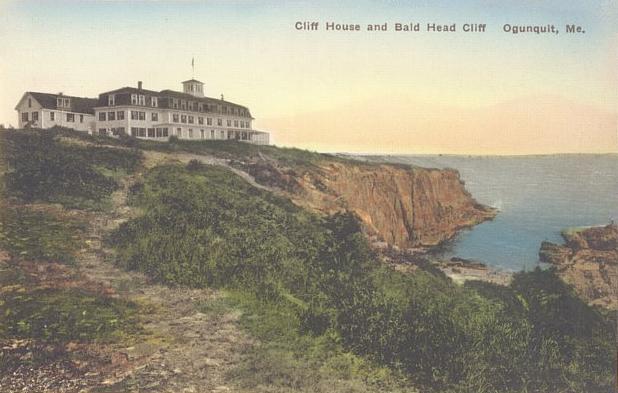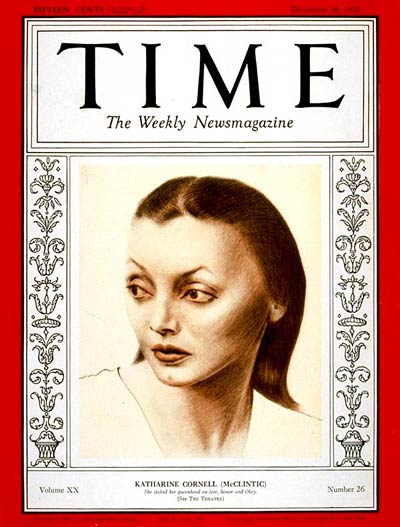Helen Frankenthaler paints and talks about her work:
(This is the latest in a weekly series of arts-related videos that appear in this space each Wednesday.)
Archives for June 2010
TT: Where in the world are Terry and Mrs. T?
Right here–though things have changed a bit since 1920:

TT: Almanac
“Understanding somebody else’s filing system is just about as easy as really getting to know another human being. Just when you think you know everything about them, there’s the impossible happening, the M for Miscellaneous when you naturally assumed it would be under something else.”
Barbara Pym, Less Than Angels
TT: One for the road
In honor of my imminent departure on a theater-related road trip, here’s one of the most festive pieces of music I know, Emmanuel Chabrier’s Bourrée fantasque, played by Robert Casadesus:
See you around!
TT: Almanac
“After all, life isn’t really so unpleasant as some writers make out, is it?” she added hopefully.
“No, perhaps not. It’s comic and sad and indefinite–dull, sometimes, but seldom really tragic or deliriously happy, except when one’s very young.”
Barbara Pym, Less Than Angels
UPDATE: A friend writes: “I said at the time that reading Barbara Pym made me want to go off and join a motorcycle gang, and that quote reminds me of why.”
TT: Multiculturalism exemplified
I’m posting this video because (A) I adore the music of Emmanuel Chabrier and (B) it’s really funny. Not to mention kind of cool:
TT: Buffalo gal comes out
In the Greater New York section of today’s Wall Street Journal, I review the world premiere of The Grand Manner, a new play by A.R. Gurney. It’s a winner. Here’s an excerpt.
* * *
 Like many other prolific artists, A.R. Gurney is unpredictably uneven. Some of his plays are concentrated and involving, others agreeable but slack, and the only way to know which kind you’re going to get is to show up and find out for yourself.
Like many other prolific artists, A.R. Gurney is unpredictably uneven. Some of his plays are concentrated and involving, others agreeable but slack, and the only way to know which kind you’re going to get is to show up and find out for yourself.
When I heard that Mr. Gurney’s latest play was a backstage fantasy about a youthful encounter with Katharine Cornell, I figured it would be one of his lesser efforts, a slightly sticky valentine to the actress whom Alexander Woollcott dubbed “the First Lady of the Theater.” Not so. “The Grand Manner” starts out heavy on the charm, but Mr. Gurney pulls a switch on you, and all at once you realize that you’re seeing an unexpectedly tough-minded portrait of an exceedingly complicated marriage.
Few now remember Cornell, who retired from the stage in 1961, for she appeared in only one Hollywood film, “Stage Door Canteen,” preferring instead to act on Broadway and on the road with her touring company. Fewer still remember Guthrie McClintic, her husband, who directed the plays in which she acted. Most well-informed theater buffs know that both Cornell and McClintic were homosexual, but they took care to keep their private lives private, and so next to nothing is known about the exact nature of their relationship….
Mr. Gurney met Cornell briefly in her dressing room after a 1948 performance of “Antony and Cleopatra.” He was a stage-struck 18-year-old who, like her, came from Buffalo, N.Y., and nothing much happened beyond the mere fact of their meeting, which is portrayed more or less accurately by Bobby Steggert and Kate Burton in the first scene of “The Grand Manner.” Then Mr. Gurney backs up, starts over and spins an elaborately fictionalized version of the encounter, one in which he not only meets Cornell, the flamboyantly foul-mouthed McClintic (Boyd Gaines) and Gertrude Macy (Brenda Wehle), Cornell’s hard-nosed business manager and offstage lover, but looks on in amazement as the members of this oddly sorted ménage à trois drop their masks of propriety and share with him their inmost hopes and fears….
The fact that Cornell, McClintic and Macy parade their sexual heterodoxies instead of hinting discreetly at them gives “The Grand Manner” an air of contrivance that lessens its believability. This is more than a quibble, but I hasten to add that it does little to diminish the play’s sheer effectiveness, especially in so excellent a production….
* * *
Read the whole thing here.
Here’s a video of Katharine Cornell’s appearance in Stage Door Canteen, directed by Frank Borzage and released in 1943:
TT: Almanac
“Schools were said to construct character by chipping off the edges. His edges had been chipped, but the result had not, he thought, been character–only shapelessness, like an exhibit in the Museum of Modern Art.”
Graham Greene, Our Man in Havana (courtesy of Lance Mannion)
